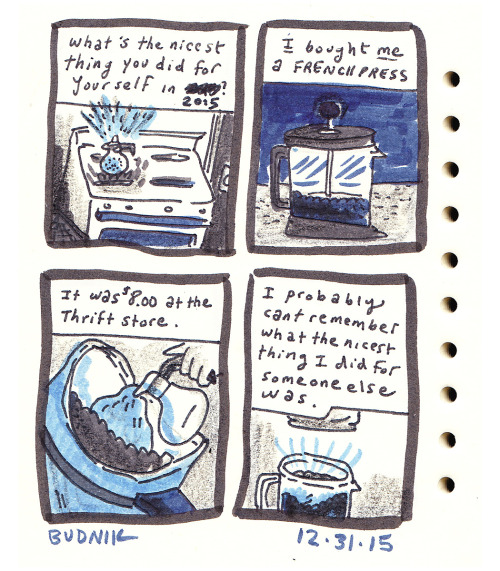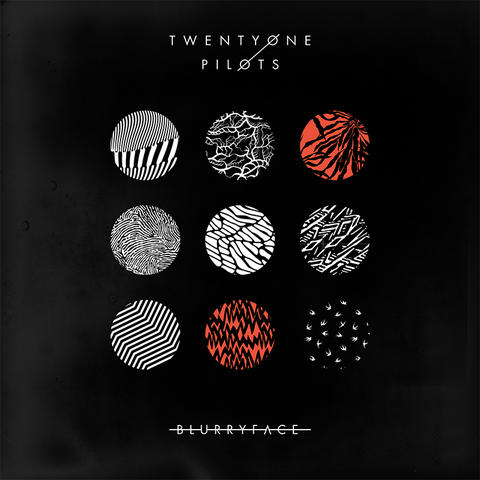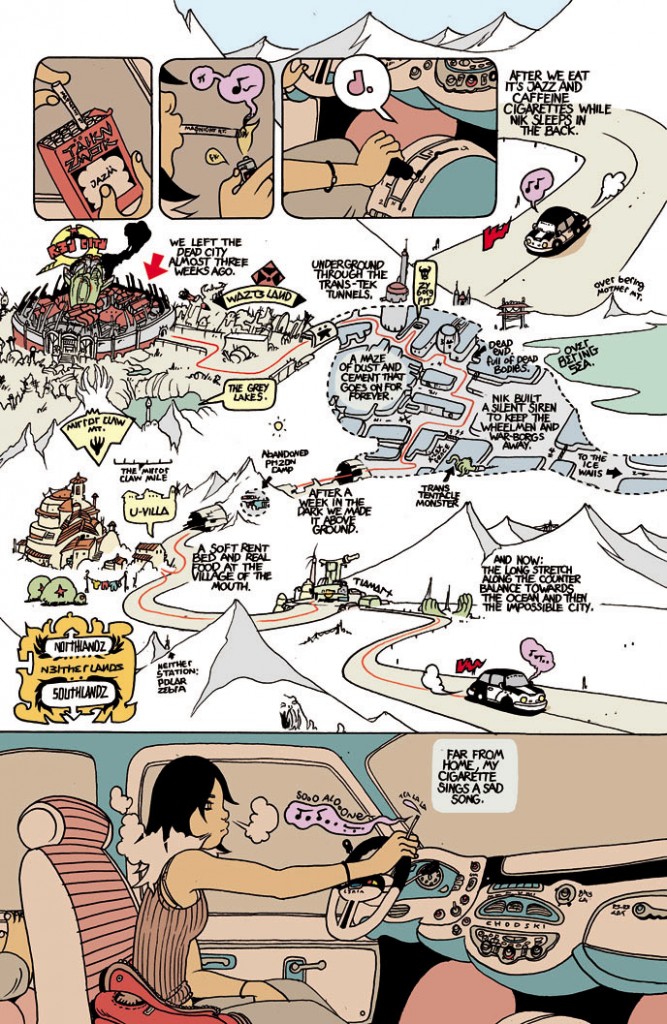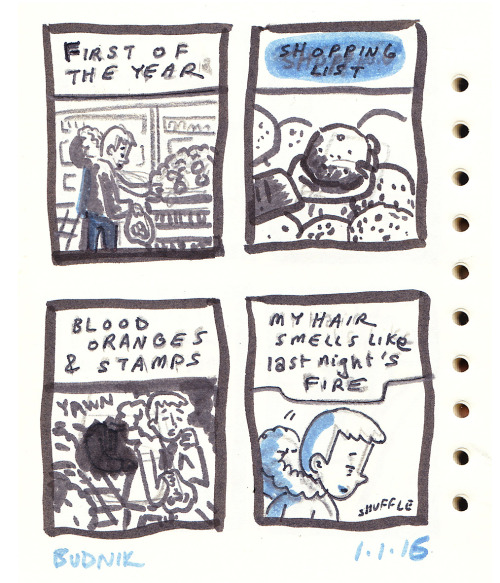
The Importance of Things That Aren’t Poetry

Cartoonist Kevin Budnik reflects on the year gone by. I reflect a bit on why non-poetry media is necessary to me.
Somewhere here on the Marginalia blog it tells you that I manage the Twitter account @PoetryMFA, and while I was scrolling through my feed on the train (as you do), I came upon a tweet saying that people who produce poetry should be reading more than they write. The tweet is lost to time (or my lack of a desire to go through my Twitter feed and find something from a week ago), but the idea stuck with me, as it’s one I only somewhat agree with.I came to poetry later in life than some writers, but I’ve had a steady supply of foundational media throughout my life. If I were asked to list my creative influences, it would be difficult to not list cartoonists, musicians, scientists, and novelists alongside poets, and I think that’s a good thing. While it is certainly important to read and know the medium you work in, some of the most exciting stories and poems I have experienced clearly pull their inspiration from places that are distinctly other, which brings me back to the tweet that had me thinking about this.

I may have been listening to this album on loop for a few months
Despite having a very productive fall semester, I have already read more poems in 2016 than I produced in 2015. It is not hard for even the most prolific poet to read more poetry than they write, so I agree with the letter of that tweet, but perhaps not its intent. I think we run into an awkward place where we imply how much poetry someone should read or have read in order to poem, which is a subject that came up in my interview with Robbie Q. Telfer for Columbia Poetry Review. Poetry inspired/influenced by poetry that is further inspired/influenced by poetry feels like an ouroboros that could lead to a bunch of sad, stale poetry if everyone lived by it.
While I have already read two books of poetry and a few scattered PDFs of friends’ works despite only being a few days into the new year, I have also found myself thinking of Scott McCloud’s idea of the “infinite canvas” and what that could mean for poetry. I caught up on my friend Kevin Budnik‘s journal comic and loved how the third panel of his first entry of 2016 made me think about the relationship commas and line breaks have and how they can do similar but also very different kinds of work.
While it’s clear Kevin is shopping for blood oranges and stamps, I love how the break between “blood” and “oranges” makes me pause for just a second. It makes me think about the ways in which poetry could reach into other media as well. It’s the wonderful kind of strangely dark thought that can slip in in that half-asleep/half-awake haze he seems to be in.
Everyone should read poetry, but there’s a reason why ekphrastic poetry exists. It’s important to allow yourself to bring something different to the table, and experiencing media both widely and deeply can do just that. It’s also an incredible palate cleanser to just stop reading poetry for a week or two and see what it does to your writing.


